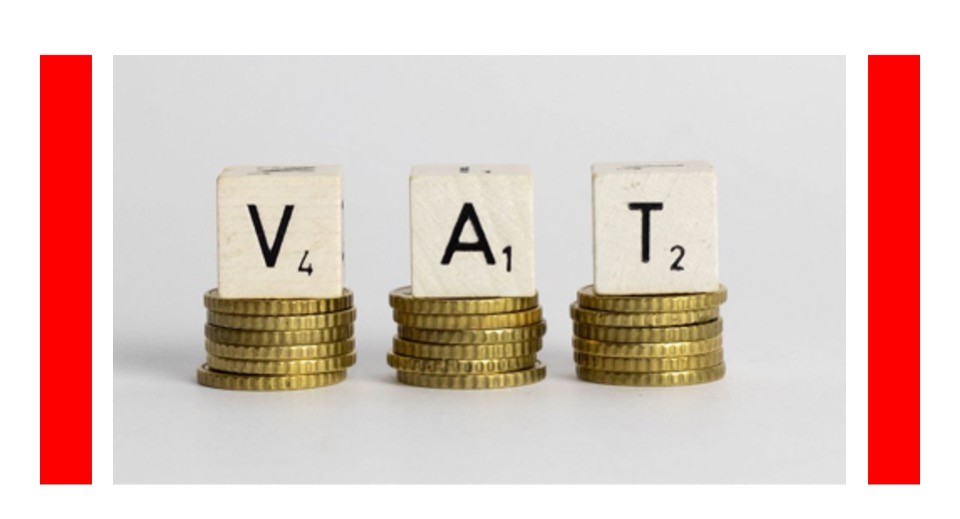
One of the big temptations we as leaders face is our urge to add value to the work of our staff. Typically, we add this value in the form of change or additional requests.
There are three reasons why adding value is tempting for us:
- Accountability – We are accountable for the work of our staff. If something goes wrong, we as leaders suffer the consequences (‘It happened on your watch’)
- Know-how – We know it better than our staff. Seriously. That is most often the reason why we were appointed
- We like it – As leaders it is often tempting to take a break from the daily grind of budgets and office politics, to dive back into the content we love(d) so much (‘Let me show you how it is done’)
As with every temptation in life, we need to fight this one as well. There are fivereasons for this:
- Time – We are not hired to do the work of our staff, so we will often have to do it in addition to the time we need for our own jobs
- Motivation – We all want a certain degree of freedom in our work, and too much interference demotivates us
- Visibility – If our staff experiences that all deliverables they share with you lead to additional work which they do not see as meaningful, they are likely to show you less of their deliverables. This paradoxically give you less control about what is actually happening on your watch
- Output – Alternatively, our staff can also decide to produce less deliverables to ‘self-manage’ the workload created by your additional requests
- Quality – Our staff stops producing their best work for us if they know we will change it anyway. Here we also face a vicious circle: the more we add value to the work of our staff, the less the quality of their work becomes, and the more value we will need add. In the end we become just part of the work-flow of our staff, rather than being the end-consumer of the output
So how to solve the dilemma of being held accountable on the one hand, and motivating our staff on the other?
I personally use three principles
- Allow artistic freedom – If I see something I personally would do differently, but is not necessarily ‘wrong’, I try to fight the urge to impose my opinion, instead, I try to leave it up to my staff if they want to change it or not. Yes – I know, I use the word try twice 🙂
- My 7-2-1 rule – Ideally, seven out of ten times experienced staff present their work to me I want to praise them and thank them for their work. ‘Great stuff, go for it!’. Two out of ten times I ask them to tweak something. ‘Great idea, however, you might consider’. Finally, one out of ten times I block things: ‘Over my dead body’. If this ratio is radically different, I start wondering if I took the wrong hiring decision or if I am giving in to the ‘let me do it’ temptation
- The ‘Chefsache’ exception – The big exception to rules 1 and 2 is if it concerns a ‘Chefsache’. Chefsache is a German word, meaning something that naturally belongs to an executive role. It is typically a mission-critical project where leaders are personally held accountable for a successful outcome by the upper management of the organization
“Micromanagement is the destroyer of momentum”
― Miles Anthony Smith
Picture credits: Picture Marco Verch ccnull.de – Bildquelle, CC-BY 2.0
Processing…
Success! You're on the list.
Whoops! There was an error and we couldn't process your subscription. Please reload the page and try again.